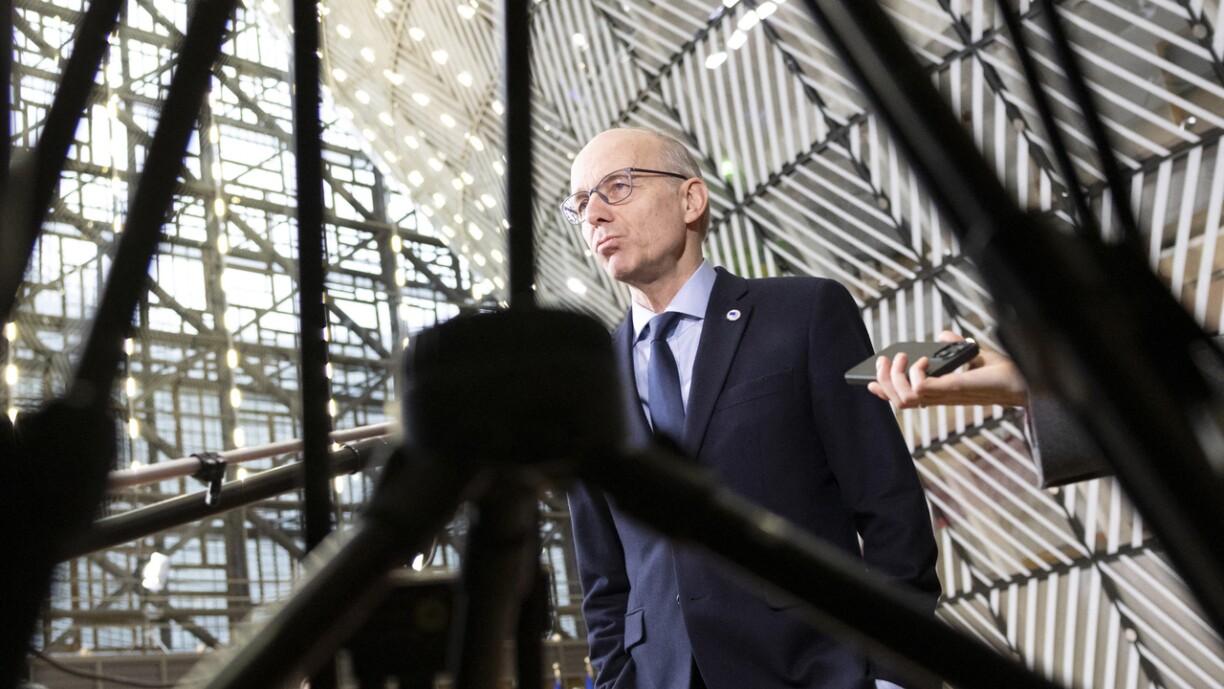
Luxembourg Prime Minister Luc Frieden has described the results of the recent German elections as a positive development for both Germany and Europe.
Speaking on the formation of a new German government, Frieden emphasised his preference for a two-party coalition over a three-party alliance, arguing that stability is best achieved through collaboration between major centrist parties.
Frieden expressed optimism about the Christian Democratic Union (CDU), highlighting its focus on “prosperity and security” as key themes for the next government. He also welcomed the decision to exclude the far-right Alternative for Germany (AfD) from coalition talks, describing the party as holding positions “far from the political centre,” including pro-Russian and anti-European stances. Despite the AfD’s strong electoral performance, Frieden stressed that leadership must come from the political centre, making the CDU’s refusal to partner with the AfD a “correct” decision.
However, the Prime Minister cautioned against dismissing the concerns of AfD voters. He noted that the rise of extremist parties in countries like Germany, Austria, France, and the Netherlands reflects underlying issues that must be addressed. “We have to ask ourselves why voters vote the way they do,” Frieden said, pointing to “feelings of injustice and fears about immigration” as key factors. While he firmly opposes governing with the AfD, Frieden believes its voters’ concerns “must be taken seriously.”
Echoing Frieden’s sentiments, Luxembourg’s Minister for Foreign Affairs, Xavier Bettel, emphasised the importance of addressing public concerns to counter the rise of extremist parties. In an interview with our colleagues from RTL Radio, Bettel warned that extremist parties, which in Bettel’s view not only include the AfD but also the German Left Party (Linke) and the Sahra Wagenknecht Alliance (BSW), often exploit societal anxieties by offering “simple answers to complex questions.”
Bettel stressed that issues such as migration require a unified European approach. “We need common solutions to common problems,” he said.
Marc Spautz, head of the parliamentary group of Luxembourg’s Christian Social People’s Party (CSV), expressed concern over the strong performance of the far-right Alternative for Germany (AfD), which secured 20% of the vote. He noted the stark contrast in support for the AfD between East and West Germany, describing the regional divide as striking.
Despite this, Spautz welcomed the overall result for the CDU, even though it fell short of its goal of surpassing the 30% threshold. He acknowledged that achieving this target would have provided greater clarity for coalition-building. While Spautz views a potential CDU-Social Democratic Party (SPD) coalition as a positive development, he cautioned that negotiations could prove challenging due to significant differences in their policy platforms.
However, Spautz voiced personal disapproval of CDU leader Friedrich Merz’s stance on border controls and his decision to rely on AfD votes to pass a recent migration bill in the German parliament.
The German Left Party (Linke) emerged as another notable winner in Sunday’s elections, a result that Luxembourg MP David Wagner of the Left Party (Déi Lénk) welcomed. Wagner emphasised the importance of having a strong leftist voice in the current political climate, particularly as a counterbalance to right-wing forces.
He also expressed relief that the Sahra Wagenknecht Alliance (BSW), a breakaway faction from the German Left Party, failed to secure seats in the Bundestag. Wagner criticised BSW leader Sahra Wagenknecht for aligning too closely with AfD rhetoric, particularly on migration, rather than focusing on social issues. “She did nothing but give legitimacy to the talking points of the AfD,” Wagner said, adding that the BSW’s exclusion from parliament was “deserved.”
Wagner highlighted the German Left Party’s success in securing nearly 9% of the vote, attributing its appeal to its unwavering stance on key issues and its resonance with younger voters.